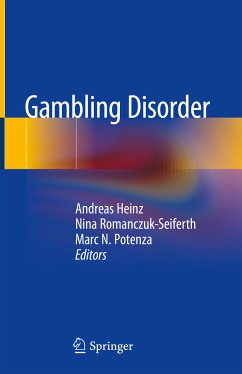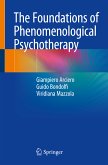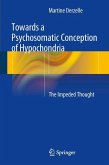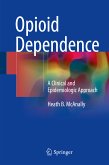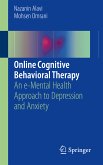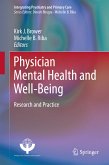This book provides an overview of the state of the art in research on and treatment of gambling disorder. As a behavioral addiction, gambling disorder is of increasing relevance to the field of mental health. Research conducted in the last decade has yielded valuable new insights into the characteristics and etiology of gambling disorder, as well as effective treatment strategies. The different chapters of this book present detailed information on the general concept of addiction as applied to gambling, the clinical characteristics, epidemiology and comorbidities of gambling disorder, as well as typical cognitive distortions found in patients with gambling disorder. In addition, the book includes chapters discussing animal models and the genetic and neurobiological underpinnings of the disorder. Further, it is examining treatment options including pharmacological and psychological intervention methods, as well as innovative new treatment approaches. The book also discusses relevantsimilarities to and differences with substance-related disorders and other behavioral addictions. Lastly, it examines gambling behavior from a cultural perspective, considers possible prevention strategies and outlines future perspectives in the field.
Dieser Download kann aus rechtlichen Gründen nur mit Rechnungsadresse in A, B, BG, CY, CZ, D, DK, EW, E, FIN, F, GR, HR, H, IRL, I, LT, L, LR, M, NL, PL, P, R, S, SLO, SK ausgeliefert werden.

